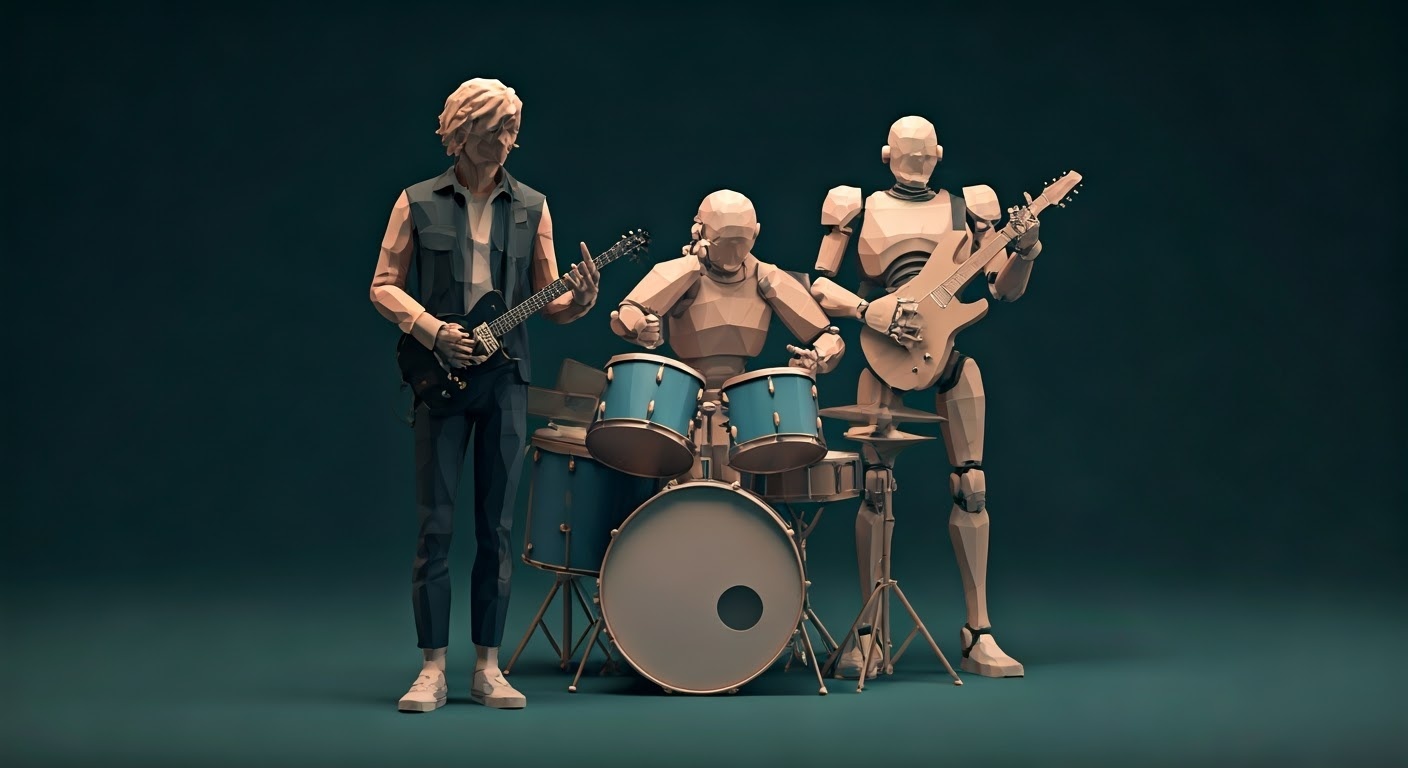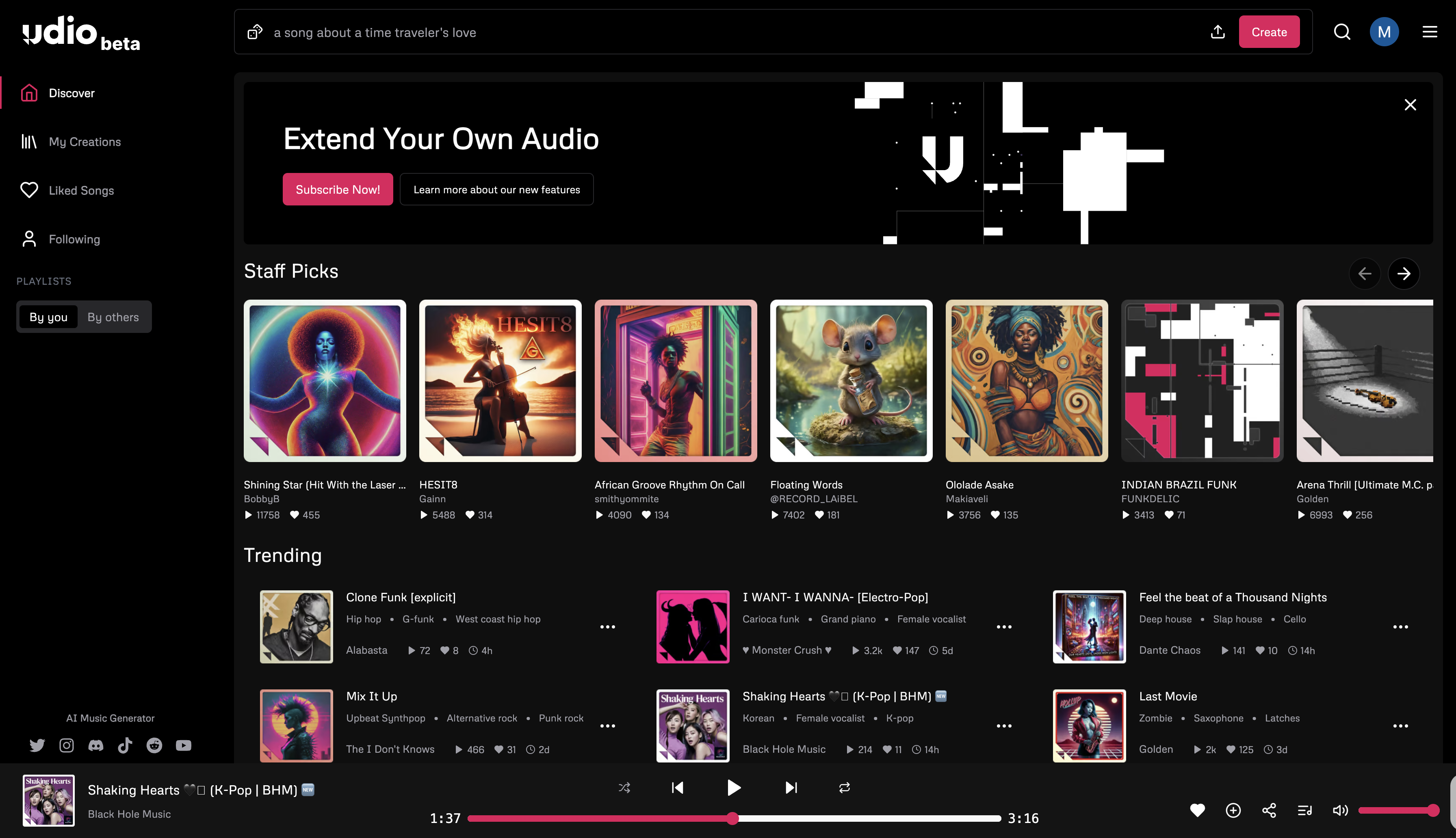"This is not something to be afraid of - this is something that we need to use": Timbaland says he spends 10 hours a day using controversial AI music generator Suno
Timbaland's endorsement comes a day after Thom Yorke and ABBA's Björn Ulvaeus sign a joint statement demanding AI platforms like Suno cease training their models on copyrighted material

AI-powered music generation platforms Suno and Udio have come under fire in recent months for having allegedly trained their AI models on copyrighted music without permission.
Back in June, the RIAA filed lawsuits against both, alleging "copyright infringement on an almost unimaginable scale", while just this week, a group of 13,500 signatories that includes Thom Yorke and Björn Ulvaeus issued a joint statement demanding that AI companies cease training their models on copyrighted work.
Timbaland, however, seemingly hasn't got the memo. This week, the Grammy-winning producer announced a partnership with Suno, a company that has admitted its AI music generator was trained on "essentially all music files of reasonable quality that are accessible on the open internet".

Appearing in a video shared on Suno's YouTube channel (embedded above), Timbaland heartily endorses the platform and shows viewers how Suno has become integrated into his own creative process. "Suno is the tool," he says. "It's the tool to turn your music into something that you've never heard."
"I haven't been excited about a tool in a long time," Timbaland continues. "I loved Ableton when it came out, but it [Suno] is the new everything. It's the way you're going to create music, it's like: 'I've got this idea, but I don't have to run back to the studio - I just run to Suno.'
In the video, Timbaland uses Suno's Covers feature, which lets users remix and edit existing tracks using text prompts, to reimagine his new single Love Again in a variety of new styles. Dropping the song exclusively on Suno ahead of its official release, Timbaland has invited fans to rework the track using the platform, and Suno is giving away $100,000 in prizes to those who come up with the best remix.
Speaking to Rolling Stone about the partnership, Timbaland says he has been spending more than ten hours a day using Suno to remix songs from his discography. “It’s the new age of music creation and producing,” he says.
Want all the hottest music and gear news, reviews, deals, features and more, direct to your inbox? Sign up here.
When asked to comment on the controversy surrounding how the models behind platforms like Suno have been trained, Timbaland compares the opposition to the criticism levelled at vocal tuning software Auto-Tune when it began to be used widely in popular music.

Struggling to finish a song? This AI music generator could finish it for you
“When they talk that talk, I’m like, 'Come on, bro'," he says. "Everything y’all use is [like] AI, from Auto-Tune on down. I don’t know who you are onstage. I don’t know what your voice sound like. When Auto-Tune first came out, it was a tool. That’s what Suno is - the best tool of the future. It allows you to get any idea in your imagination out of your head.”
Though Suno is used primarily to generate new songs from scratch solely from text prompts, Timbaland says he uses it exclusively as a creative tool to remix existing material and flesh out his own ideas. “You still need that human element to operate this tool,” he says. “It doesn’t replace anything. All it does it add to your arsenal.”
Timbaland envisions a future in which, instead of competing to work with the best samples, producers compete to discover the best prompts with which to instruct AI platforms. “It’s gonna be about which prompt you’re using,” he says. “It’s not gonna be about ‘Give me that sample,’ it’s gonna be, ‘Yo, give me that prompt.’ So you selling prompts now.”

I'm MusicRadar's Tech Editor, working across everything from product news and gear-focused features to artist interviews and tech tutorials. I love electronic music and I'm perpetually fascinated by the tools we use to make it.